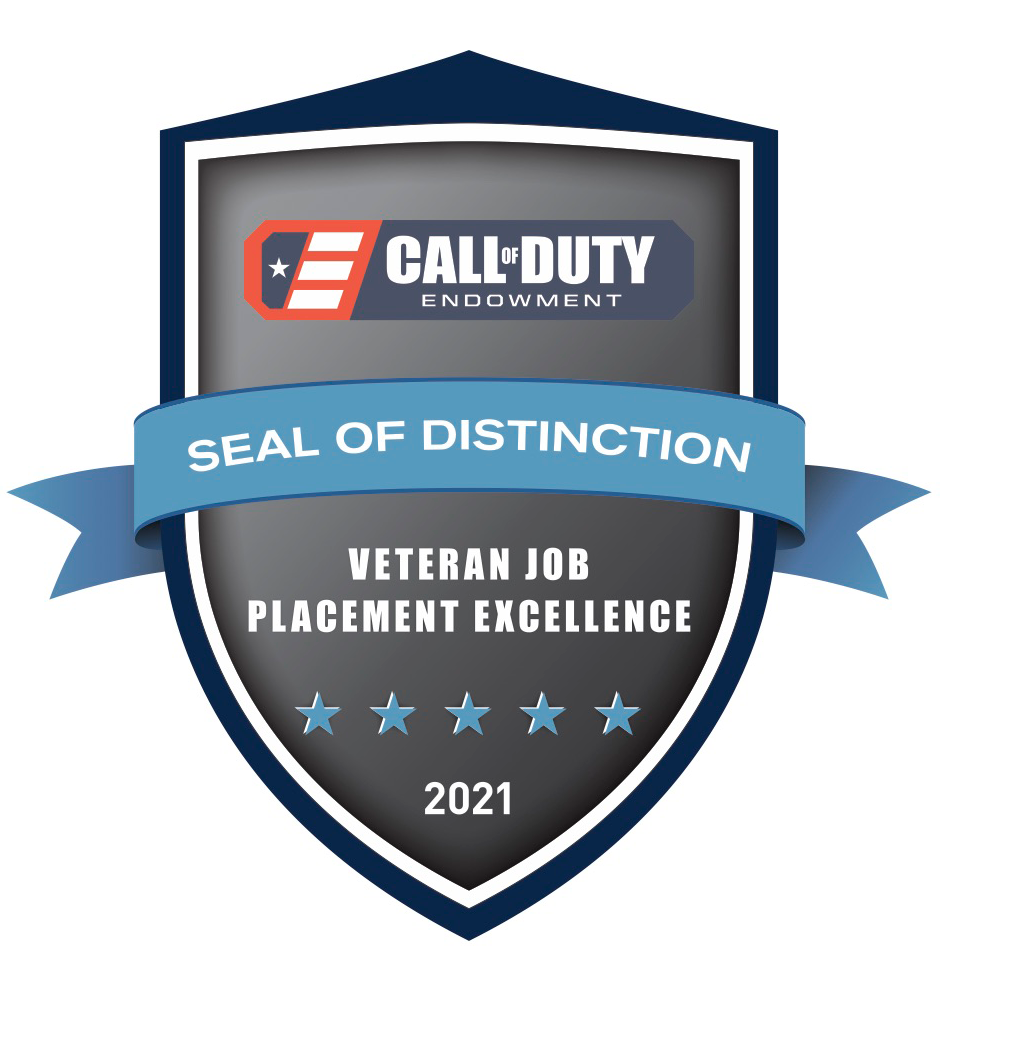These are the tools veterans need to get the job

Transitioning from the military to the civilian world of work can feel like a minefield. Do you take the first job offer, or interview for several jobs to help you figure out what you want to do and where you want to work? How do you explain to the human-resources screener that your communications experience in the service has nothing to do with public speaking or writing press releases? Are you really supposed to have a personal brand?
These are the kinds of questions that veterans often struggle with. The answers aren’t in college courses or textbooks, but in the experiences of military personnel who have made successful transitions. They have connected with corporate leaders and availed themselves of the opportunities that companies large and small offer to those who have served our country.
“It can be pretty daunting [for veterans] to find and build a career,” says Sid Goodfriend, chairman and founder of American Corporate Partners. He founded the nonprofit in 2008 with the mission of helping military service members find their next career through one-on-one mentoring, networking and online career advice.
Goodfriend’s aim is shared by many business leaders and retired veterans who have created organizations and corporations that set up programs and tools to ease the transition.
“We do more than hire veterans,” says Michelle Kuranty, head of military-veteran recruiting at JPMorgan Chase. “We also help them acclimate [to the workplace] and grow in their professions.”
JPMorgan Chase is one of 230 private-sector companies that belong to the Veterans Jobs Mission. This has helped more than 430,000 honorably discharged and retired members of the armed services.
So whether you are just beginning your transition from the service or have been working in the civilian world for some time and feel disconnected or underemployed, there’s help available.
Here are some places to find it:
American Corporate Partners (ACP-USA.org)
It’s like Big Brothers or Big Sisters for veterans. ACP helps post-Sept. 11 veterans and those transitioning from the military by pairing them with mentors from companies such as Colgate-Palmolive, Johnson & Johnson and Morgan Stanley, among others, for a one-year period.
While ACP’s purpose is career exploration, as opposed to job placement, more than 1,500 of the 13,000 participants have landed jobs via connections made at ACP. The average salary is $83,000. Interested post-Sept. 11 veterans should apply at ACP’s Web site.
The organization says that all veterans, provided they are “polite, professional, enthusiastic and responsive” are connected to a mentor, though it can take four to six weeks from sign-up to start because ACP wants to ensure a good protégé/mentor fit. Those interested in being mentors can also apply on the site.
Google (Google.com)
Google makes it easier for veterans to pair their experience in the military to jobs in the civilian world by typing “jobs for veterans” in the Google search bar.
The landing page then provides a box where you can enter your specific military job code (MOS, AFSC, NEC, etc.) to surf civilian jobs that require similar skills to those used in the service.
Google has shared this capability with employers such as FedEx and Siemens among others, so you might find the same box on their veterans landing pages. For those who want to search for jobs at specific companies using their military-job codes, entering a company’s name, “jobs” and “veterans” into Google might point you to sites with the feature.
Veteran Jobs Mission (VeteranJobsMission.com)
This site has a button that opens the secret door to “veteran-only” job sites at more than 200 companies including Accenture, JPMorgan Chase, Pfizer, Realogy and Verizon. While some of the landing pages ask you to search for jobs in much the same way you would on Monster.com or Indeed.com, others, such as Verizon, invite you to join their military-talent network.
Once you do, a veteran-recruitment specialist is assigned to coach you in your job search. They will even go as far as helping you create a resume that appeals to hiring managers.
VetMatch (Veterans2Work.org)
Think Match.com for veterans and employers. Start by completing a free, 20-minute online survey, VetMatch. Veterans2Work then crunches the data and applies predictive analytics to create a “Personal Career Report & Success Profile” based on your native strengths (not just your military experience) and recommend the best fit for civilian-career options.
Ideally, the report will broaden your range of career possibilities and give the vocabulary you need to market yourself. The service might also be able to facilitate connections to employers.
LinkedIn for Veterans (Veterans.LinkedIn.com)
If you believe that it’s not what you know but who you know, then LinkedIn for Veterans may be your ticket. The program offers a one-time, free premium membership to eligible veterans and enlisted service members. Benefits include an opportunity to connect to a wide array of professionals who belong to LinkedIn and may be willing to provide an inside scoop on various professions, serve as minimentors, or even introduce you to members of their networks.
LinkedIn also offers a group, Veterans Mentor Network (you must be a LinkedIn member to join) where veterans support each other through their transitions from the service.
LinkedIn has also recognized that military spouses often find it hard to find work and grow their careers when their partners’ careers require frequent relocations. So last summer, they began a program specifically for them. It includes a free, one-year premium membership, which can be renewed, without charge, with every major relocation. The service might also help spouses identify jobs that allow remote, flexible working locations so that there may not be a need to change jobs each time there’s a move to a new area.











